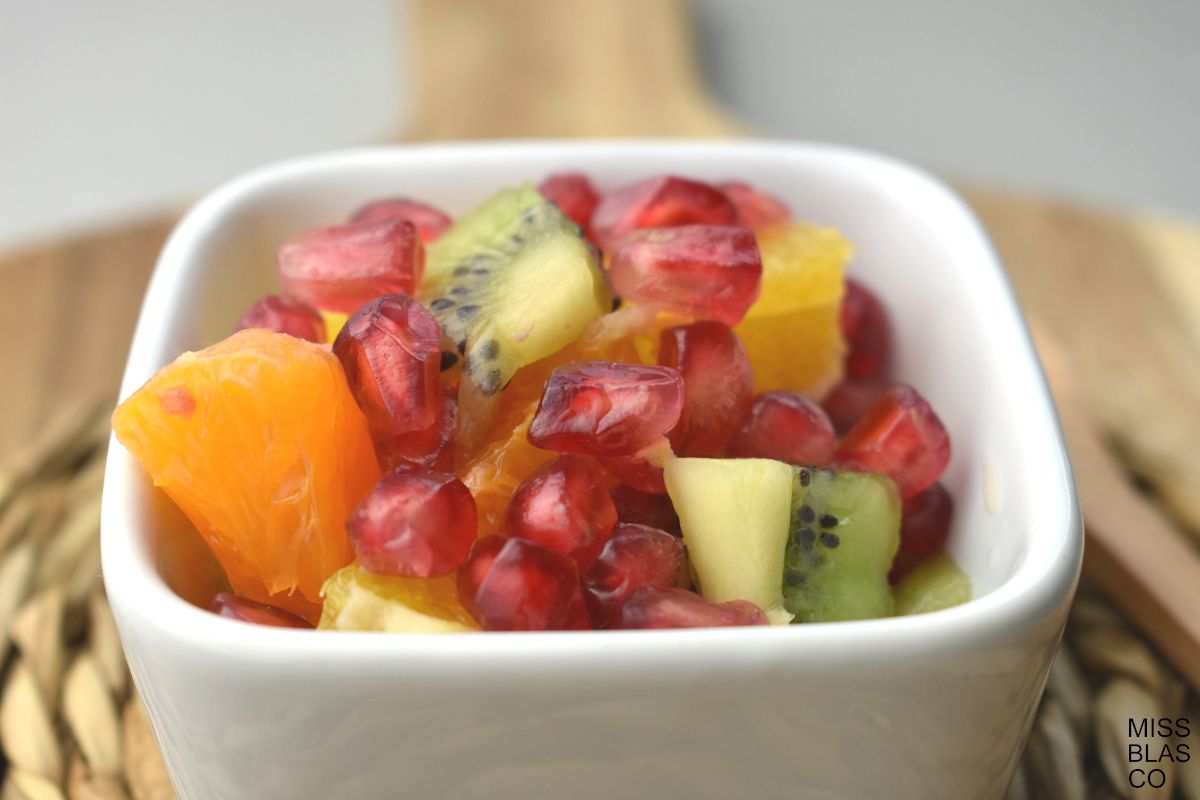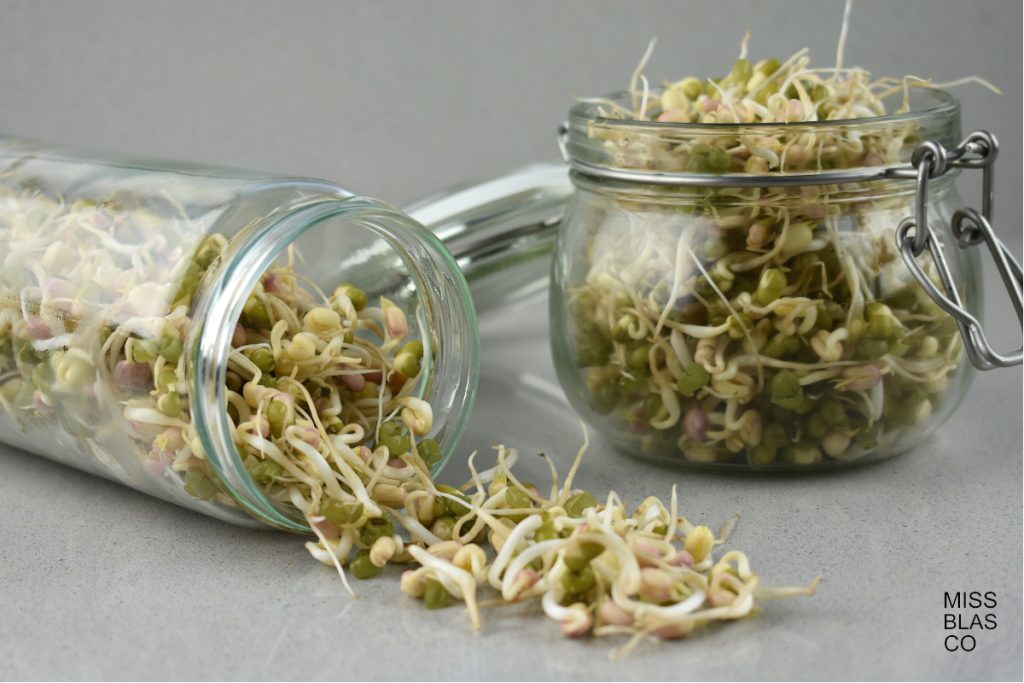
Plant-Based Diet
Embracing a Plant-Based Diet: A Guide to Health and Sustainability
A plant-based diet offers a simple, nutrient-rich way to nourish your body while supporting the environment. Focusing on fruits, vegetables, legumes, and grains, this approach is flexible yet powerful.
In this post, I’m sharing the benefits, challenges, and practical steps to adopt a plant-based diet, with actionable tips, food ideas, and strategies to ensure success.
Let’s explore how to make plant-based eating work for you.
What Defines a Plant-Based Diet?
A plant-based diet prioritizes foods from plant sources, such as:
- Fruits: Berries, apples, citrus.
- Vegetables: Broccoli, spinach, peppers.
- Whole Grains: Quinoa, brown rice, oats.
- Legumes: Lentils, chickpeas, beans.
- Nuts and Seeds: Almonds, chia, sunflower seeds.
While not strictly vegan, it emphasizes plants over animal products. For instance, you might include small amounts of dairy or meat but focus on plant foods for most meals.
This flexibility, thus, makes it accessible for beginners.
Health Benefits of Going Plant-Based
Research highlights numerous health advantages. Here’s how a plant-based diet supports wellness:
- Heart Health: Reduces cholesterol and blood pressure, for example, lowering heart disease risk.
- Blood Sugar Control: High fiber (25–30g daily from plants), stabilizes glucose levels.
- Weight Management: Low-calorie density, therefore, promotes satiety with fewer calories.
- Cancer Prevention: Antioxidants in produce, for instance, may reduce risk of certain cancers.
- Digestive Health: Fiber from legumes and grains, so, improves gut function.
Moreover, plant-based diets are linked to increased energy and vitality, for example, due to nutrient-dense foods.


Getting Started with Plant-Based Eating
You don’t need to overhaul your diet overnight. Try these steps to begin:
- Add More Plants: Include a salad with meals, for example, with spinach and chickpeas.
- Swap Proteins: Replace meat with tofu or lentils, thus, maintaining protein intake (50g/day for adults).
- Experiment with Recipes: Try Curry-Flavored Vegan Cheese or plant-based stir-fries for variety.
- Stock Staples: Keep quinoa, beans, and frozen berries on hand, so, meals are quick to prepare.
- Supplement Wisely: Consider B12 supplements (2.4µg/day), therefore, ensuring complete nutrition.
Nutrient-Rich Plant-Based Foods
Focus on these foods to meet nutritional needs:
- Protein: Lentils (18g per cup), tofu (10g per 100g).
- Iron: Spinach (about 2.7mg per 100g), paired with citrus for absorption.
- Calcium: Kale (100mg per cup), fortified plant milks (300mg per cup).
- Healthy Fats: Avocado (10g per 100g), almonds (7g per ounce).
- Vitamin C: Bell peppers ( about 128mg per 100g), for example, boosting iron uptake.
In contrast, processed plant-based foods (200–300 kcal per serving) may lack nutrients, making, whole foods the best choice.
Sample Plant-Based Meal Ideas
Incorporate these dishes to boost variety:
- Breakfast: Oatmeal with berries and chia seeds (10g fiber, 200 kcal).
- Lunch: Quinoa salad with chickpeas, cucumber, and lemon dressing (15g protein, 300 kcal).
- Dinner: Lentil curry with brown rice and steamed broccoli (20g protein, 350 kcal).
- Snack: Almonds and an orange (70mg vitamin C, 150 kcal).
Pair with recipes like Pomegranate and Goat Cheese Salad or Sprouted legums for balanced meals.
Flexible and budget-friendly, it’s easy to start with simple, nutrient-rich meals.
Tips for Long-Term Success
- Plan Meals: Batch-cook grains or legumes, for instance, saving time.
- Choose Whole Foods: Avoid processed vegan products, thus, maximizing nutrients.
- Learn Recipes: Experiment with spices like cumin or turmeric, for example, for flavor.
- Seek Support: Join plant-based communities, so, staying motivated.
Common Concerns
Some hesitate due to myths or doubts.
Let’s clarify:
- Myth: Plant-Based Diets Lack Protein: Legumes and grains provide about 50g daily, thus, meeting needs.
- Myth: Too Expensive: Bulk grains and frozen produce, for example, are budget-friendly.
- Concern: Energy for Exercise: Carbs from quinoa ( about 64g per cup), therefore, fuel workouts.
A plant-based diet offers health and environmental benefits, from reducing disease risk to lowering your carbon footprint. With planning, it’s easy to meet nutritional needs and enjoy delicious meals.
Start small, experiment with recipes, and embrace the variety of plant foods.
What’s one plant-based meal you’ll try this week? Share your thoughts in the comments below.
Discover delicious vegan recipes: